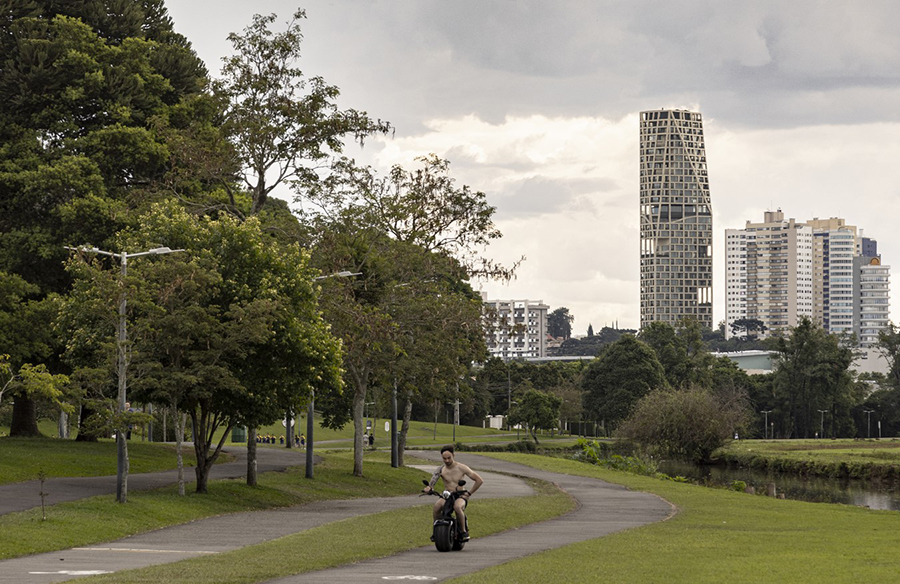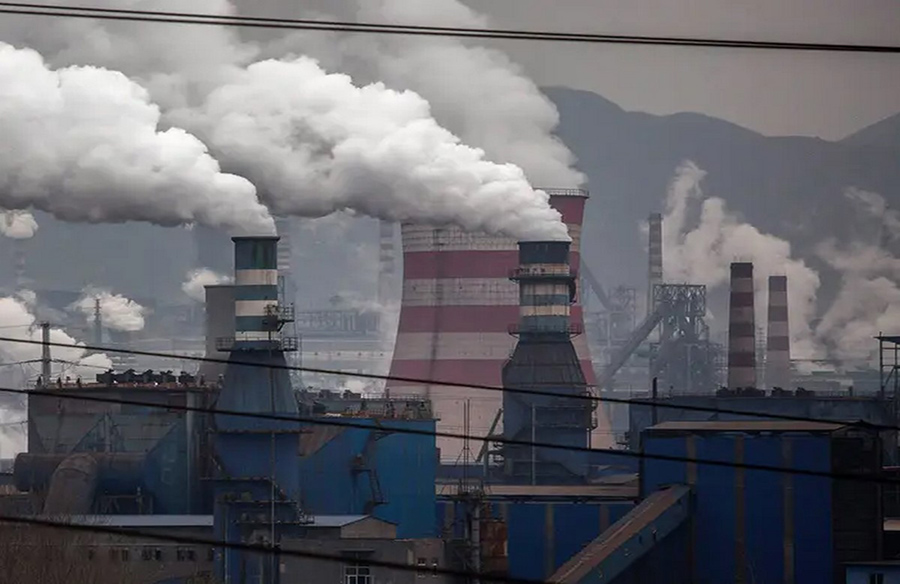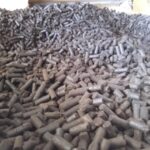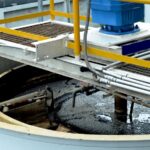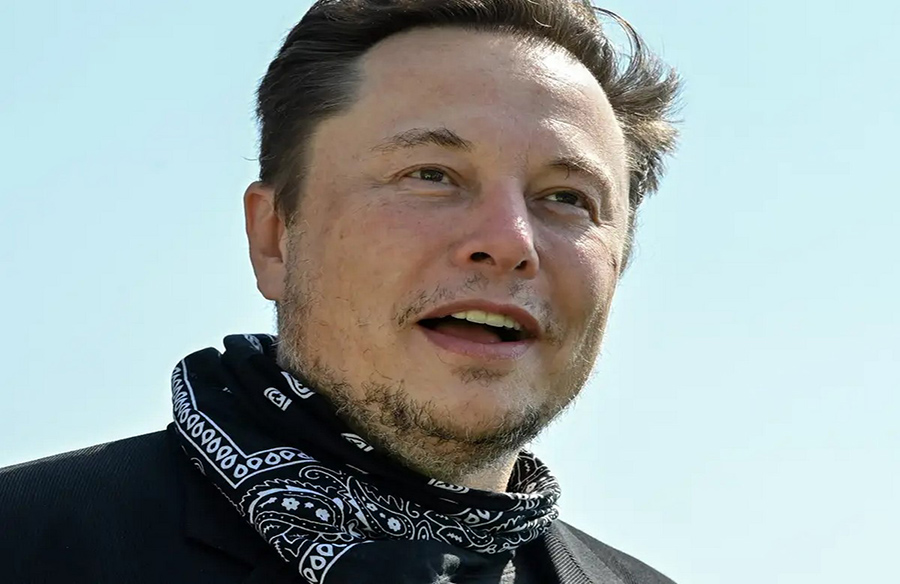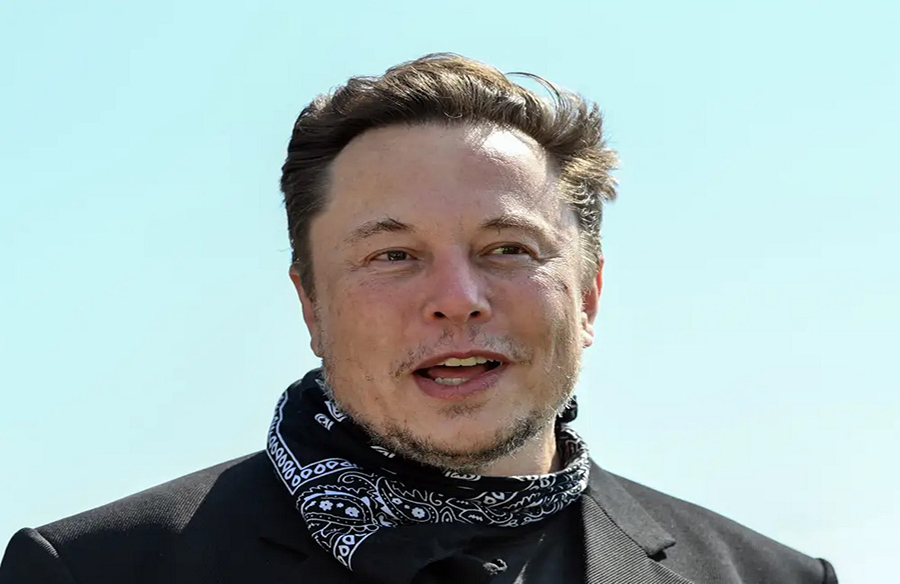As the world faces the urgent need to reduce greenhouse gas emissions, innovative solutions are crucial to meet ambitious targets. Spanish company Ingelia has emerged with a groundbreaking approach, developing an industrial process to produce a biocarbon fuel known as “biochar” from organic waste, particularly sewage. What sets this biochar apart is its potential to serve as a cleaner alternative to traditional coal, while also being carbon neutral in its production.
The Development of Biochar Fuel
Over a decade ago, Marisa Hernández and her partners at Ingelia pioneered an industrial process capable of converting organic waste, including sewage and compost, into biochar. Through a thermochemical conversion process known as hydrothermal carbonization, organic matter is dehydrated under specific pressure and temperature conditions. This process concentrates carbon from the waste, resulting in a solid, dry material with properties similar to coal but with significantly reduced residual pollutants.
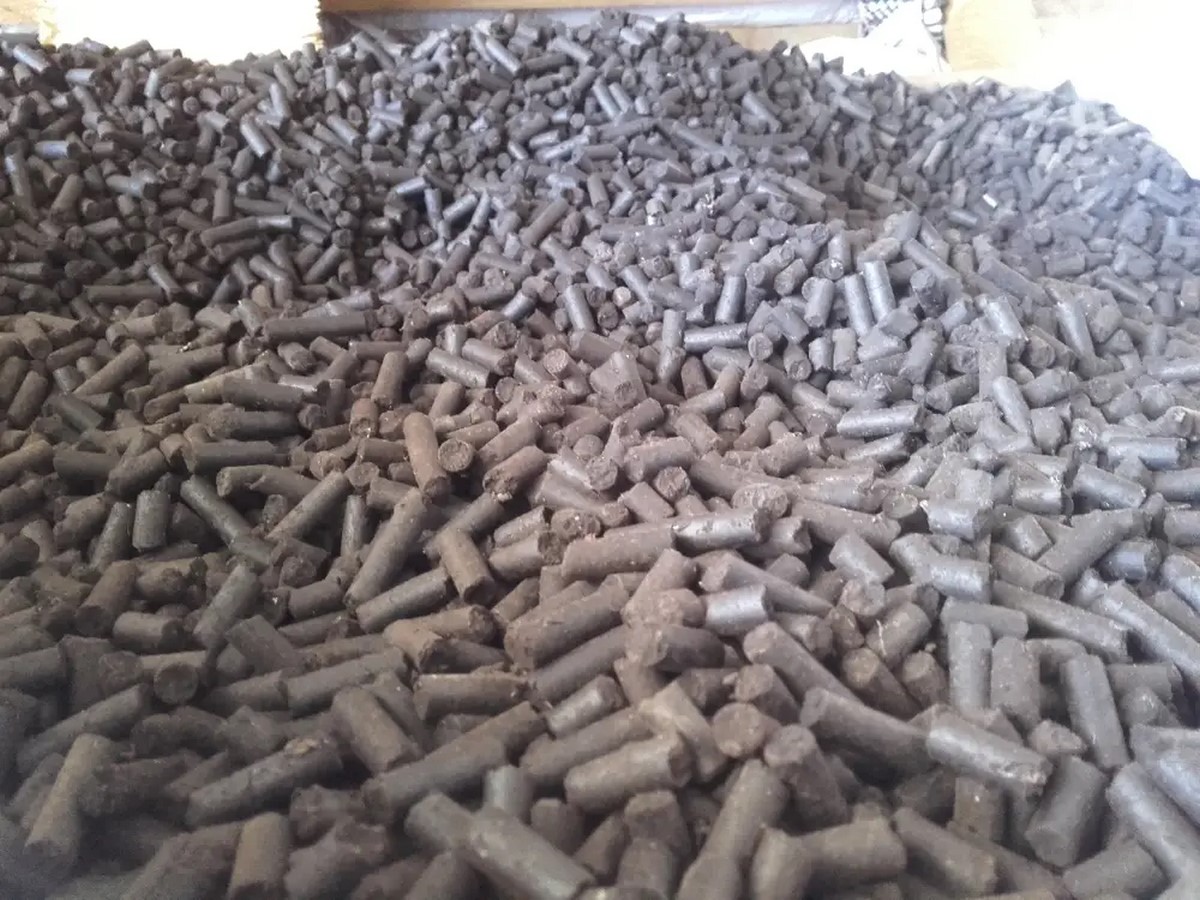
Environmental Benefits and Applications
Unlike conventional coal production, Ingelia’s biochar production process emits zero CO2 and generates fewer harmful wastes such as nitrogen, sulfur, and chlorine. Moreover, by containing the waste treatment process in closed tanks, the emission of unpleasant odors is minimized, allowing for plant installations closer to populated areas.
The applications of biochar extend beyond energy production. It can be utilized in various sectors, including battery technology and the production of biopolymers for plastics or soil enrichment purposes, serving as a versatile and sustainable resource.
Expansion and Economic Impact
Ingelia has already implemented its biochar production process in waste plants across Spain, the UK, and Italy, with plans for further expansion. By treating significant quantities of organic waste, including sewage and municipal waste, the company aims to make a substantial environmental impact while also projecting significant growth in revenue.
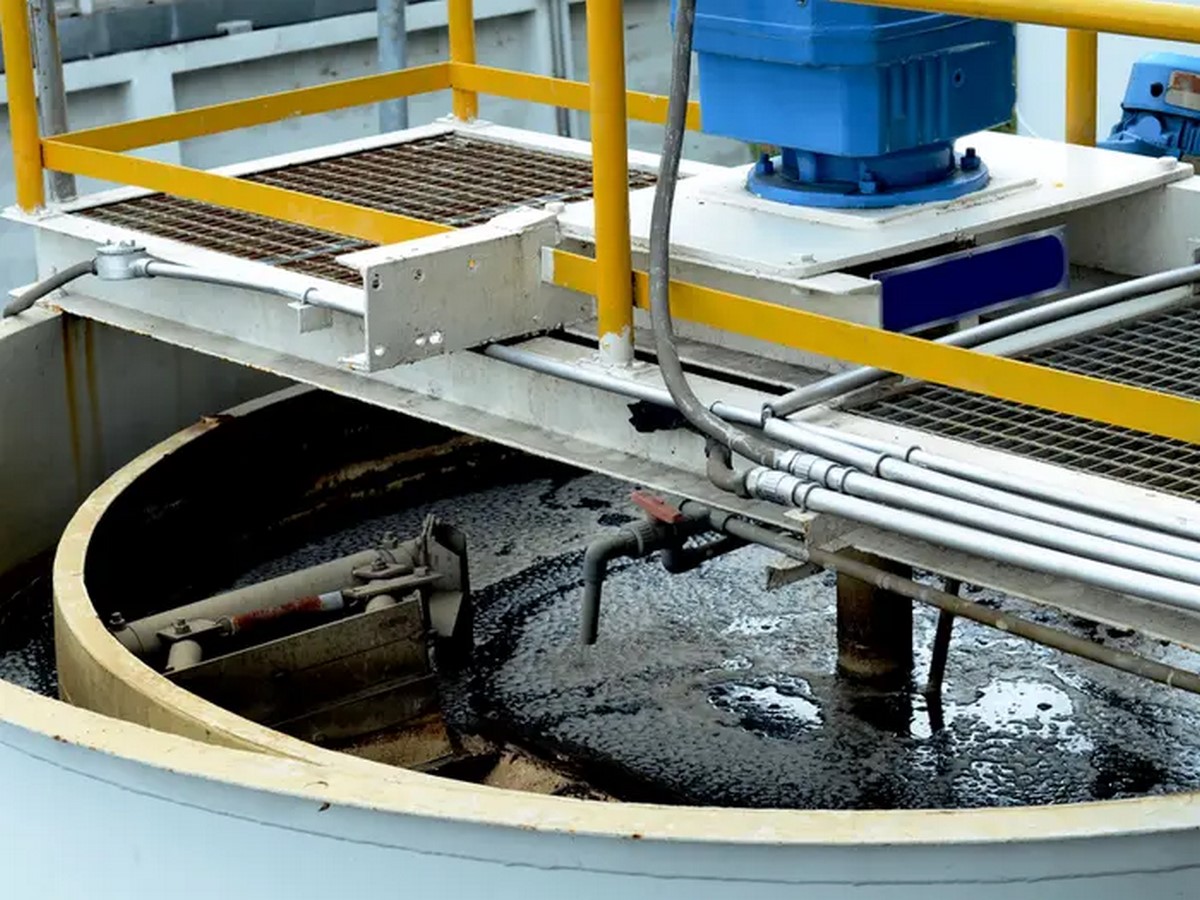
Marisa Hernández envisions Ingelia’s biochar fuel replacing 220,000 tons of coal annually by 2022, thereby preventing the emission of half a million tons of CO2 into the atmosphere. With ambitious growth targets and ongoing negotiations with waste management companies, Ingelia aims to capture a significant share of the European waste management market, contributing to a cleaner and more sustainable future.
In conclusion, Ingelia’s innovative approach to producing biochar fuel from sewage offers a promising solution to mitigate climate change and reduce reliance on fossil fuels, demonstrating the potential for transformative change in waste management and renewable energy sectors.








